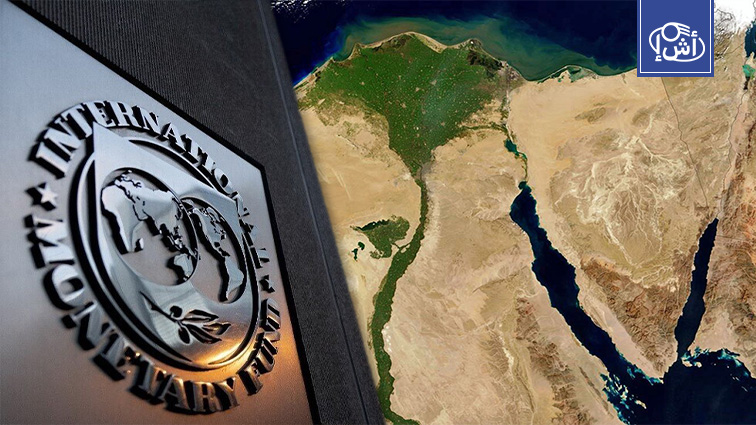A climate report issued by the International Monetary Fund warned Egypt against facing significant risks from natural disasters as it is vulnerable to climate change due to its dependence on the Nile River.
According to the International Monetary Fund “IMF” report released on Thursday, the densely populated Nile Delta region is one of the most prominent places that will be affected by climate change.
The warnings include growing hazards to the region, such as rising sea levels, droughts, heat waves, sandstorms, and dust storms, as well as heavy rains, flash floods, and rockslides.
In its NDC, Egypt has committed to low-carbon and climate-resilient growth rates but sees this as a challenge exacerbated by high population growth rates, urbanization, and limited fiscal space, the” IMF “said.
Egypt’s population is expected to increase by 44% from 2022 to 2050, reinforcing climate change challenges.
The International Monetary Fund “IMF” noted that Egypt’s hosting of the twenty-seventh Conference of the Parties under the United Nations Climate Change Convention in November 2022 resulted in significant impacts on climate change awareness in the country, prompting the Egyptian government to take policies and measures to address these challenges.
Egypt’s National Climate Change Strategy 2050 outlines a path to a transition to a low-carbon economy, setting targets to reduce greenhouse gas emissions in three key sectors: energy, transport, and oil by 23.5% by 2030.
Climate change adaptation goals, which are still at an early stage, will focus on vulnerable sectors and develop a plan to adapt to temperature rises.
An Egyptian woman jumps out of a “tuk-tuk” while her driver harasses her
